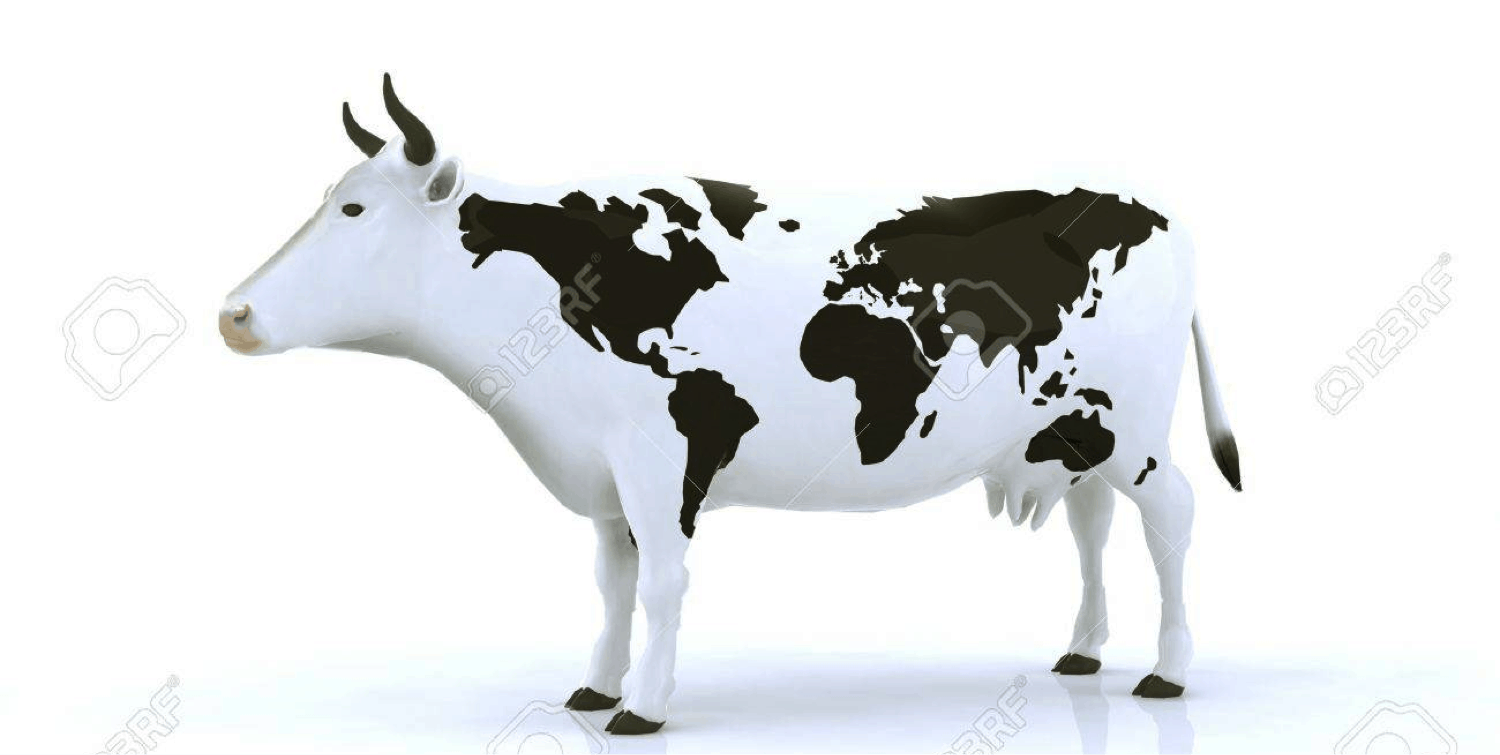Global dairy demand will be firm further over 2021 and 2022 as countries gradually get on top of Covid-19 and the global economy rebounds.
This is the expectation according to senior agri-economist Nathan Penny of Westpac New Zealand.
According to economist Penny, this trend has already started in China and East Asia where dairy demand has rebounded from its lows earlier in the year, with overall dairy prices regaining some lost ground.
The key change Penny expects is that prices for milk fat will begin to normalise. “Currently, milk fat prices are soft as consumers eat less cream and other milk fat products in settings such as restaurants,” he points out. “In particular, we expect that the roll-out globally of Covid-19 vaccines will gradually allow more people to return to restaurants and other venues that milk fat consumption relies on.”
The Westpac-economist anticipates moderate growth in New Zealand’s key exporting countries over the period ahead. He explains that over recent years, annual growth has averaged in the vicinity of 1%. “This relatively modest growth is another reason why prices have held up well during the global Covid-19 recession,” the economist says. “We see a low probability that global supply will deviate materially from these trends by enough to offset the impact on prices from rising demand.”
Influencing dairy prices and trade
There are some risks that could influence the dairy prices. The first is the New Zealand dollar, which jumped two cents to US$0.69 recently. If the NZ dollar keeps on rising, the milk price in New Zealand will be lower.
Other downside risks include the possibility that dairy buyers run down stocks after having built them up during Covid-19 to protect against supply disruptions, Penny explains. “In addition, there is uncertainty around global agricultural trade policy. For example, Joe Biden’s US presidency may take a more trade and China-friendly stance, thus allowing the US more access to China’s market and creating more competition for New Zealand dairy exports.”
In Australia, Bega Cheese has announced it will purchase Lion Dairy and Drinks from Japan’s Kirin for a total of US $395 million. Last year, Kirin said it was considering a US $444 million deal with Chinese company Mengniu Dairy. The Australian government blocked this deal on the grounds of national interest.
Canadian Saputo and financial firm Tanarra Capital were also bidders. The deal with Bega Cheese will bring Lion back into Australian ownership. Bega Cheese intends to raise US $297 million by offering 87 million new shares to make the purchase.
Australian market
Bega Cheese sources fresh milk from dairy farmers in southern New South Wales and northern and south-west Victoria. With the purchase of Lion it will also source from suppliers in Western Australia, South Australia, Tasmania and south-east Queensland. Lion owns the brands Pura Milk, Dare iced coffee, Vitasoy and Yoplait yogurt. It also has Australia’s largest national cold supply chain network.
The global Dairy Trade (GDT) auction on 18 November showed a lift in prices of 1.8% to an average price of US $3,157 per metric tonne. All key products posted gains. Anhydrous milk fat (AMF) jumped 4.1%. Skim milk powder rose 2.1%.
Compared to both this time last year and pre-Covid-19 levels, overall prices now sit around 8% – 9% lower, Westpac-economist Penny point out. “The result was in line with market expectations. The futures market was pointing to a WMP lift of around 1.5% prior to the auction.”
In the US, the Department of Agriculture has raised its milk production forecasts for 2020 and 2021. The USDA expects stronger growth in milk per cow and a higher dairy cow inventory. The 2020 fat basis import forecast is higher as a result of recent trade data and there higher imports of cheese and butterfat products are expected in the 4th quarter of this year.
Source : Dairy Global Dec 1st 2020

